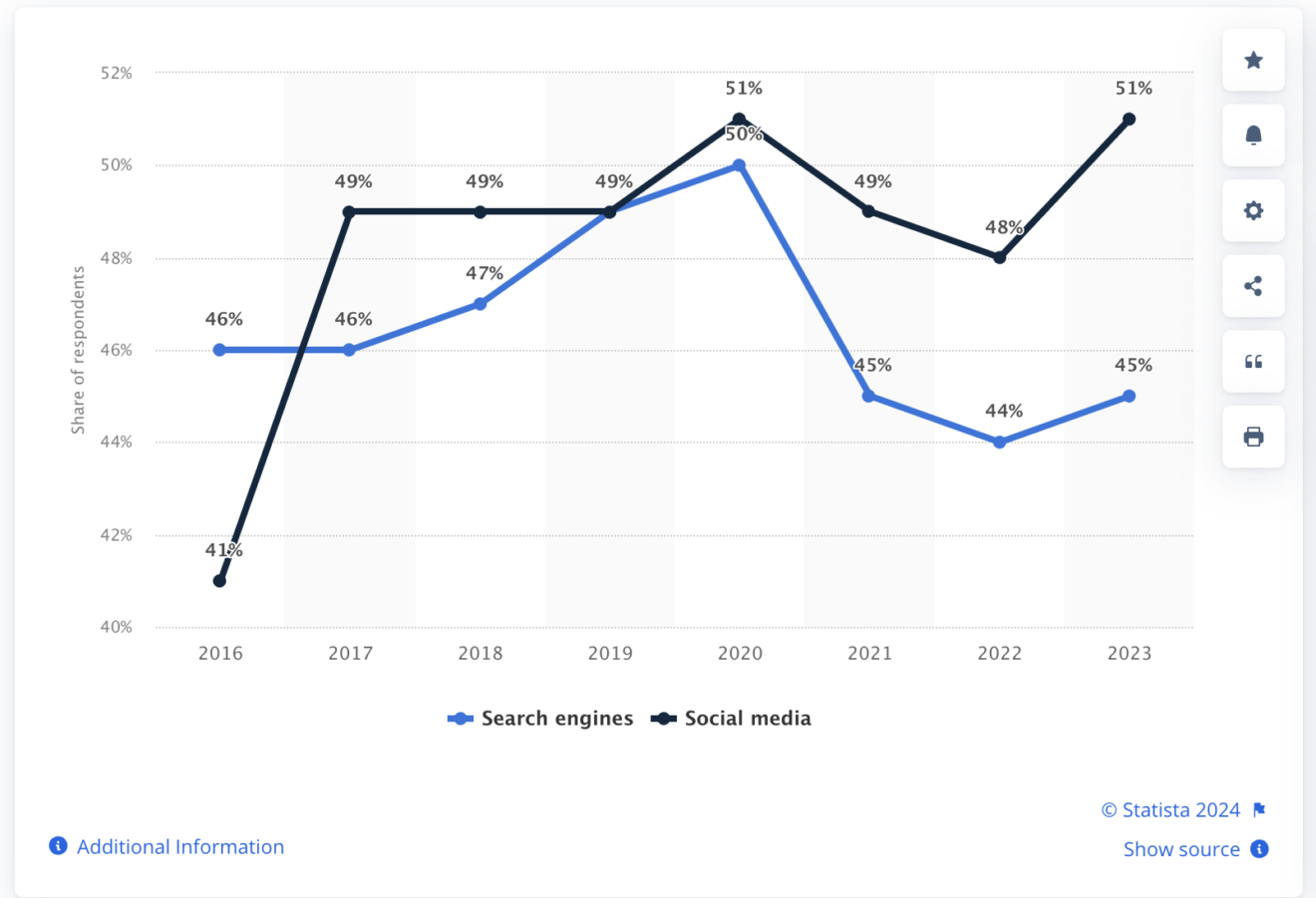Marketing to Gen Z: How to attract a new generation of customers to your brand

A recent headline from the world of agriculture caught the eye of marketers everywhere, revealing that machinery colossus John Deere was advertising a £200k per year role wittily titled ‘Chief Tractor Officer’. The responsibilities? Travelling the world making content for the brand’s TikTok channel.
It’s a clear example of how a brand that’s been around even since before the internet is exploring ways to market effectively to a Gen Z audience.
It’s also a wake-up call for any business that thinks they can simply wait for Gen Z to age out so they don’t have to update their marketing strategy. Gen Z is here to stay; their global buying power is estimated at £353bn despite a cost-of-living crisis and the fact that most have yet to reach full economic maturity.
So what should brands be doing to reach this audience more effectively? What marketing strategies are likely to resonate with Gen Z – and how can brands leverage their connections with this demographic in order to stay current? Let’s take a look.
First up, who are Gen Z?
The term Gen Z is used to refer to anyone born between 1997 and 2012 – for marketing purposes, typically people in their mid/late 20s and early 30s.

What are their spending habits?
If you believe the headlines, you might think that Gen Z is the most financially irresponsible generation yet. They’re more likely to be in temporary or freelance work, more likely to be living at home, and more likely to have student debt. The rise of ultra-cheap brands like Shein and TikTok shop creates the impression that this is a generation characterised by overconsumption, environmental nihilism and a poor work ethic, leading the Prime Minister to include National Service for all 18-year-olds in his upcoming election manifesto.
But scratch the surface and the picture is more complex. In the UK, Gen Z students graduate with an average of £61,000 in student debt into a climate with soaring interest rates, a lack of affordable housing, and a general cost of living crisis. Over half rely on a side hustle to supplement their income.
Since they work so hard to earn some extra cash, this generation is extremely savvy about how they spend it – hence the popularity of ultra-cheap fashion and ‘dupe culture’ that sees them actively and unashamedly seeking out non-genuine alternatives to cult branded items, from trainers to cosmetics.
This highly discretionary spending style also means that brands have to try a different tack in order to resonate with Gen Z. Based on data gathered by GWI, here’s an overview of some key Gen Z characteristics that might inform your marketing strategy.
4 Gen Z characteristics to inform marketing strategy
1. Gen Z finds information without a search bar
Millennials and older may scoff at the idea of using social media or (gasp!) generative AI to look for information, instead of turning to Google, but this is a reality for Gen Z.
Recent studies show a strong rise in the use of social platforms like Instagram, YouTube and TikTok to search for brand information – then this super-savvy generation is likely to revert to Google to find reviews and compare prices before making a purchase.
This means that Gen Z’s first experience of your brand might well be on social, not on web. It’s important to be on the right platforms, and show content that resonates with this demographic (more on this later).

2. Gen Z values authenticity
Generally speaking, Gen Z is the most diverse and inclusive generation yet. They are less defined by their age and more by their values, beliefs, hobbies and interests. Maturing in the digital era, they’re on high alert for fake news and fake content, with a low tolerance for marketing that comes across as disingenuous.
This search for truth means that Gen Z values authenticity in a brand above all else. They view consumption as an extension of their identity, their values and their ethics – therefore they’re searching for brands they can connect with on a deeper level, especially for high-value purchases.
This means it’s important for your brand to be truthful in all messaging, avoiding overblown claims and clickbait as a means of getting attention. Demonstrating (not just talking about) the values and ethics that govern your business is key, as is allowing your audience to go ‘backstage’, getting to know your story and your people.
3. Gen Z want fun
This generation has grown up exposed to all the negativity of the internet and the online news from a young age – so it can’t be a coincidence that they seek out an escape from that in the form of light-hearted, relatable content they love to share with others. A popular trend is to take a very serious topic and put a satirical spin on it – and everything from mental health to international politics is fair game.
Content that performs best within this demographic is raw, relatable and shareable; something that makes you laugh or provides a moment of distraction (think ASMR, or funny cat videos) in an increasingly frantic world. Far from being dumbed-down or vapid, this is a generation that recognises the value of leisure time and mental wellbeing, and increasingly demands entertainment from the brands they support.

4. Gen Z loves video
The success of TikTok and YouTube (which overtook Facebook and Instagram as the most popular platform for the first time in 2024) is built almost entirely on their Gen Z audiences. These digital natives are always online and increasingly looking to get both information and entertainment in short, mobile-friendly formats.
Interestingly though, long form videos over 10 minutes in duration are also among the most popular content on these platforms, proving that Gen Z has a considerable attention span for the right content.
Their search for truth and shrewd spending habits mean they’re not afraid of doing their own research, and brands can leverage this by producing high-quality, informative video content in the form of instructional videos, user reviews and more.
Marketing to Gen Z, with Gen Z
As John Deere’s recently advertised role shows, one of the most powerful ways to market to Gen Z is to give them a seat at the table. Algorithms and social media trends change so quickly that it’s essential to have a finger firmly on the pulse, responding in real time to the things your Gen Z audience is talking about, or identifying key influencers in your space.
TikTok in particular presents huge opportunities for organic growth, but requires a very different approach based on reacting quickly to whatever videos and audios are trending on a week-to-week basis.
As a marketing agency of 24 years’ standing, we know how important it is in business to keep abreast of changing technology and trends. Our young and agile social media team brings value for our clients simply because they’re natives of the online spaces where their Gen Z audience is already hanging out.
Need marketing support?
Need help to reach a younger audience? Want to maximise the potential of short-form video for your brand? Contact us today.